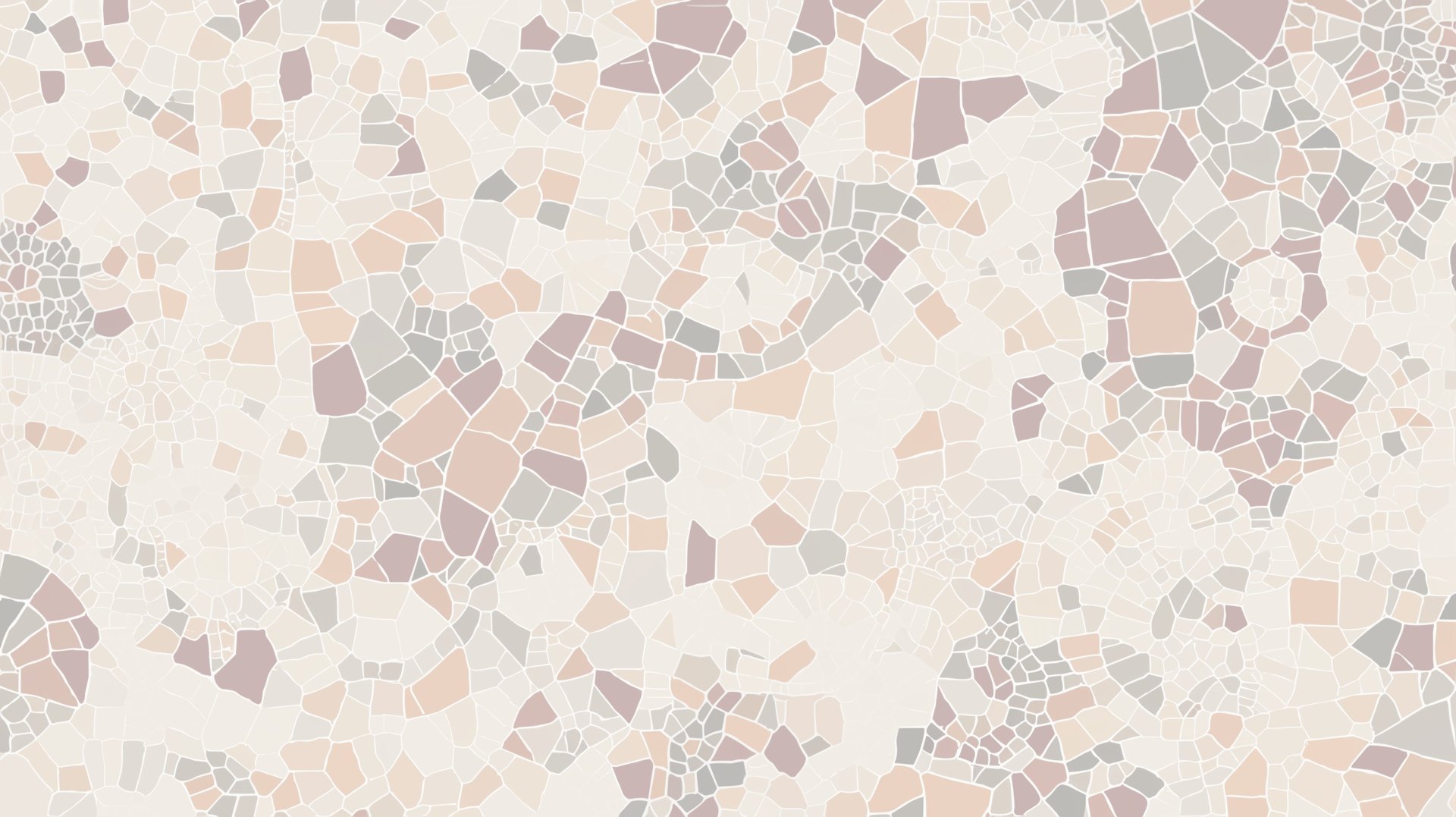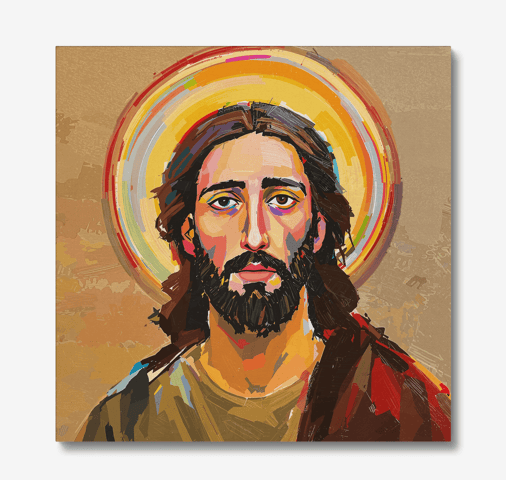Let Anyone Thirsty Come To Me
Sermon, 2/9/2025
SERMONS
Jory Mertens
2/10/20255 min read
Let Anyone Thirsty Come to Me
Text: John 7:37-46
Prayer: God, lure us now into a deeper understanding of who you are. Amen.
On the last and greatest day of the Festival of Booths, Jesus stood up and cried, "Let anyone thirsty come to me and drink."
Jesus does not qualify his invitation. He does not say, "Let the righteous come to me," "Let those with the right citizenship papers come to me," or "Let those who look, speak, or worship like me come to me." He says, "Anyone."
Jesus' radical statement is a pressing call to action. It demands our attention and a response. As followers of Jesus, we are tasked with making his invitation a living reality for everyone in the communities we serve.
To understand the full weight of Jesus' words, we must place ourselves within the Festival of Booths, the Jewish festival that forms the backdrop of this passage.
Now, as I prepared for this sermon, I admittedly could not remember what the Festival of Booths, also called the Feast of Tabernacles, was all about. I am sure glad I did a little research. Learning the history and significance of this festival makes what Jesus says even more intriguing.
This feast was a time of remembrance and thanksgiving, recalling how God sustained the Israelites in the wilderness. It was also a harvest festival, a time to pray for the rain to nourish the land in the coming growing season.
During the festival, the priests would draw water from the Pool of Siloam daily and carry it in procession to the temple, where they would pour it out as an offering to God. This ritual was a thanksgiving for the past provision and a desperate prayer for future rain. Water was not just a symbol; it was survival.
The Pool of Siloam, from which the water for this ritual was sourced, was not just any water source in Jerusalem—it was a place rich with meaning in Jewish history.
The Gihon Spring (Hebrew Scholars fix my pronunciation if necessary) fed the pool, one of the few reliable water sources in the region. It was essential for the city's survival. During King Hezekiah's reign, an underground tunnel was built to bring water from the spring to the pool, ensuring that Jerusalem would have access to water even during a siege. The pool became a powerful symbol of God's provision and protection.
By Jesus's time, the Pool of Siloam had taken on even greater religious significance. It was associated with purification and healing. Pilgrims coming to Jerusalem for the great festivals would use its waters for ritual cleansing before ascending to the temple. Later in John's Gospel, Jesus heals a blind man by sending him to wash in this very pool (John 9:7), which is a testament to what Jesus believed about it.
However, the ritual was not repeated on the eighth and final day of the feast. That is exactly when Jesus chose to make his bold announcement: “On the last and greatest day of the festival, Jesus stood and said in a loud voice, ‘Let anyone who is thirsty come to me and drink. Whoever believes in me, as Scripture had said, rivers of living water will flow from within them,” On the one day of the feast when no water was poured, Jesus stood up and filled the gap. In offering the water of life, Jesus identified Himself with the rock in the wilderness that gave water to the Hebrews.
He is saying that the life-giving water the people have been receiving from Siloam—the water of their history, their survival, and their worship—his way is like this: it is a way of radical love and inclusivity that is life-giving, reliable, ever-flowing, and available to all who need to drink from it.
If we are to take Jesus' words seriously, we must ask: Who is thirsty today? Who is being denied life-giving sustenance? This thirst can be seen in the faces of the homeless, the marginalized, the oppressed, the immigrant, and the persecuted. There is a thirst for equality, acceptance, understanding, and love.
Who is thirsty today? As seminarians preparing for ministry, we cannot keep this question abstract. In our own communities, like my own in Carthage, MO, we are witnessing a relentless campaign against our undocumented neighbors—families torn apart by ICE raids, individuals targeted through racial profiling, and entire communities living in fear of being hunted down and deported. My community is likely not so different from yours or thousands of others across this country.
We live in a time when politicians justify these crackdowns as necessary, when policies criminalize the most vulnerable, and when human dignity is sacrificed in the name of the law. Instead of being welcomed by this prosperous nation, people are met with hate; instead of safety, they face surveillance; instead of compassion, they endure the trauma of detention and deportation.
As followers of Christ, we must respond. When Jesus says, "Let anyone thirsty come to me," he does not mean only those with privilege, legal status, or the state's approval. "Anyone" includes the father dragged from his car on his way home from work, the mother afraid to take her child to school for fear of being detained, and the worker profiled and arrested simply for existing. The way of Christ calls us to stand against this cruelty, to speak out against injustice, and to refuse to let fear and oppression define our communities.
Jesus calls us to be radically inclusive. The world's way is to cling to power and exclude.
As clergy and future clergy, our calling is not just to preach words of welcome but to embody them. We are united in this mission, and together, we can be a Church that actively welcomes the thirsty, not just in Spirit but in practice. I believe this means challenging unjust policies, changing harmful narratives, and creating true sanctuaries in our churches.
To follow Christ is to take risks. Just as Jesus risked his safety by standing in the temple and proclaiming his invitation, we, too, must be willing to stand in uncomfortable places and speak uncomfortable truths.
And when we do, I think we will find that we are not alone. For the Spirit flows through those who believe, and from our hearts will flow rivers of living water—not for ourselves alone, but for the sake of the world.
After Jesus spoke these words, the religious leaders were divided. Some wanted to arrest him, others were in awe, and I doubt anyone remained neutral.
So it will be for us. When we take Jesus' call to radical inclusivity seriously, refuse to exclude those the most powerful and wealthy deem unworthy, and insist that anyone means everyone, we will find ourselves at odds with the powers of this world.
This sermon was heavy to write as I think about my neighbors, my daughter's classmates, and the students in my wife's classroom, all facing uncertainty.
I take heart in knowing the God with whom we have all come to recognize a connection is intrinsically connected to everyone and everything else. The Spirit nudges and lures all people and things toward good. Our example of taking up the causes of the voiceless or giving others the space to use their voices empowers others to do the same.
Let us be faithful to the radically inclusive love that Jesus embodies and calls us to. This is our mission, our purpose, our ministry. So go forth from BKSM this weekend, filled with the Spirit, and let that living water flow to all who are thirsty. Be a voice for the voiceless; be a source of hope for the hopeless. Be a reflection of God's love for all people.
Amen.


